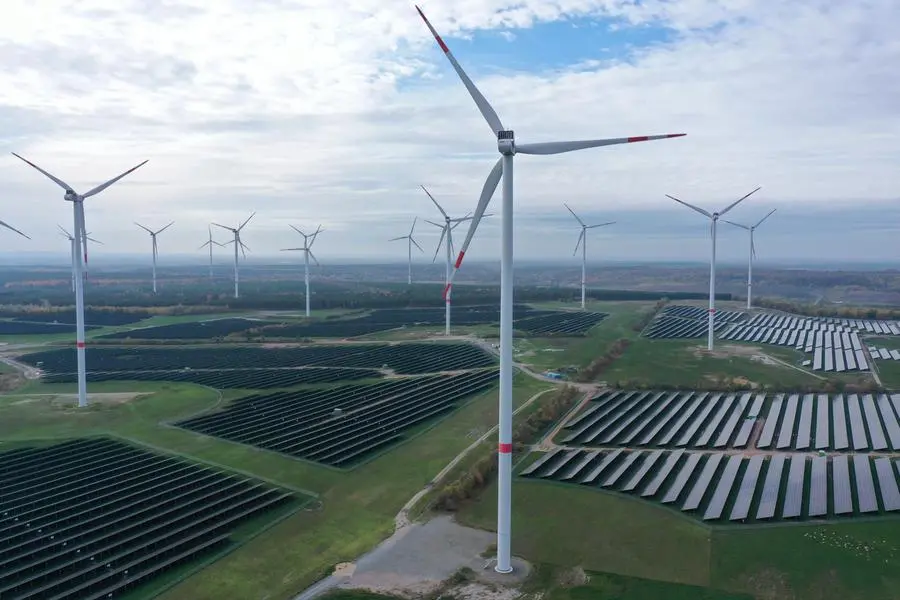PHOTO
The projected global market for five clean technologies will reach $790 billion a year by 2030 if all the projects announced to date are built, the International Energy Agency (IEA) said in its latest report.
The five clean technologies include solar PV, wind power, batteries, heat pumps and electrolysers.
Since late 2022, the estimated output by 2030 from existing and announced manufacturing capacity for solar PV has increased by 60%, batteries by 25%, and electrolysers by 20%, propelled by policy support and growing interest from investors, the Paris-based agency said in its “The State of Clean Technology Manufacturing” report.
If all projects go ahead, global manufacturing capacity for solar PV will exceed IEA’s net zero emissions level by 2050, while battery manufacturing capacity will meet the level set for 2030.
However, project announcements for wind, heat pumps and electrolysers remain some way off the levels implied by the net-zero scenario.
According to the report, the announced projects may not all go ahead for all five technologies, with most of them yet to receive final investment decisions.
“But relatively short lead-times for new manufacturing projects – from announcement to construction – mean that there is still scope for the project pipelines for 2030 to evolve significantly in the coming years,” the report added.
Manufacturing capacity in clean energy technologies is highly geographically concentrated, with the top three markets accounting for between 80% and 90% of global manufacturing capacity.
“If we look at the projects currently under construction or planned worldwide, China is set to strengthen its leading position in key clean energy technologies,” said IEA Executive Director Fatih Birol.
“There is a need for effective international cooperation and further diversification to ensure secure and resilient technology supply chains, meet the world’s climate goals and enable all countries to enjoy the economic benefits of the new global energy economy,” he added.
In addition to clean technology manufacturing, the issue of critical mineral security is strategically important to several countries and requires international cooperation.
These minerals are an essential component in the clean energy transition and diversification is necessary to mitigate disruptions or bottlenecks in supply chains, IEA said.
Therefore, the agency will host the first-ever IEA Critical Minerals and Clean Energy Summit on September 28 to focus on measures to promote sustainable and responsible supply of raw materials.
(Editing by Seban Scaria seban.scaria@lseg.com)





















